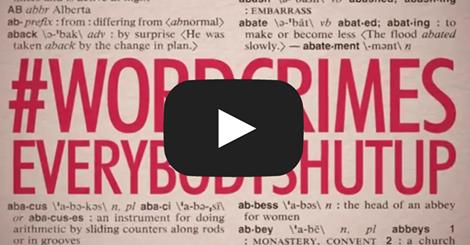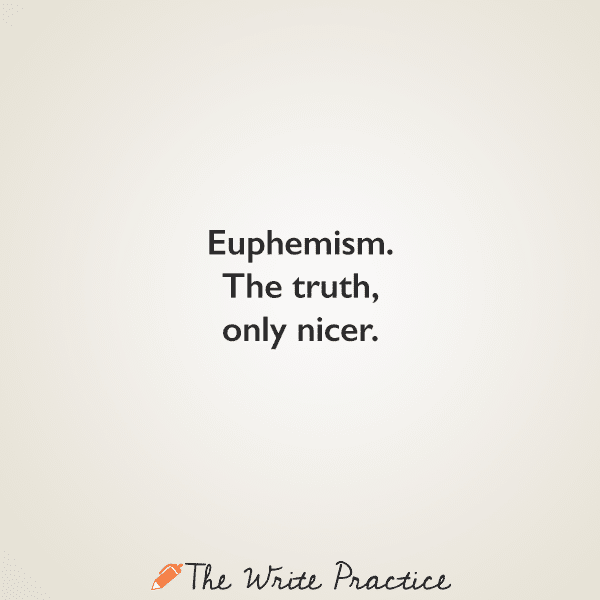
by Liz Bureman |
Weird Al came out with a new album fairly recently, and my boyfriend sent me a link to his video for “Word Crimes” because, let’s face it, it’s me we’re talking about. For reference, in case any of you aren’t as aware of Weird Al’s affinity for grammar, he’s a self-described grammar nazi, and this song is a clear indication of that fact.

by Liz Bureman |
I’m in the home stretch of the second book of Lev Grossman’s Magicians series. Basic premise: imagine that you’re a huge fan of the Narnia series, and also a magician at magic college. And then you find out that Narnia is real, and a lot darker than the books led you to believe. That’s the most simplistic way of putting it, but you should probably read the series yourself. But the series is told from the point of view of a high school/college-aged boy named Quentin. Clearly, since there is a young adult male protagonist, there are euphemisms sprinkled liberally through the books.

by Liz Bureman |
I remember one of my teachers at one point in my schooling mentioning that there is a balance between the good days and the bad days you’ll get. The exact phrasing used to express this idea was “Some days you get the elevator, some days you get the shaft.” Morbid, perhaps, but it’s a saying that has stuck with me since then. I really like similarly structured euphemisms and turns of phrase, and I just learned the name for them: isocolon.

by Liz Bureman |
Sometimes you have a bad day. Sometimes that bad day stretches into a bad week, or a bad month, if you’re really struggling. Usually, that’s not fun for any parties involved. However, if you’re an external observer, and the action is taking place in a book or movie, disaster can be the whole reason you’re paying any attention. If disaster is inevitable, it’s because of a concept called Finagle’s Law.

by Liz Bureman |
A couple of years ago, I read Stieg Larsson’s Millennium trilogy. You know, the Girl with the Dragon Tattoo series. Well, truthfully, I didn’t exactly read the trilogy. I read the first two books and ditched the third after about fifty pages. In this post, let’s talk about what that third book got so wrong.







